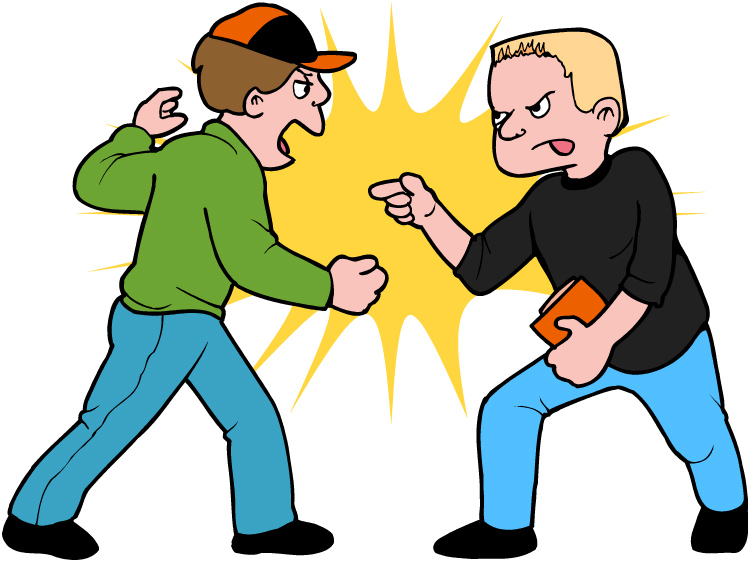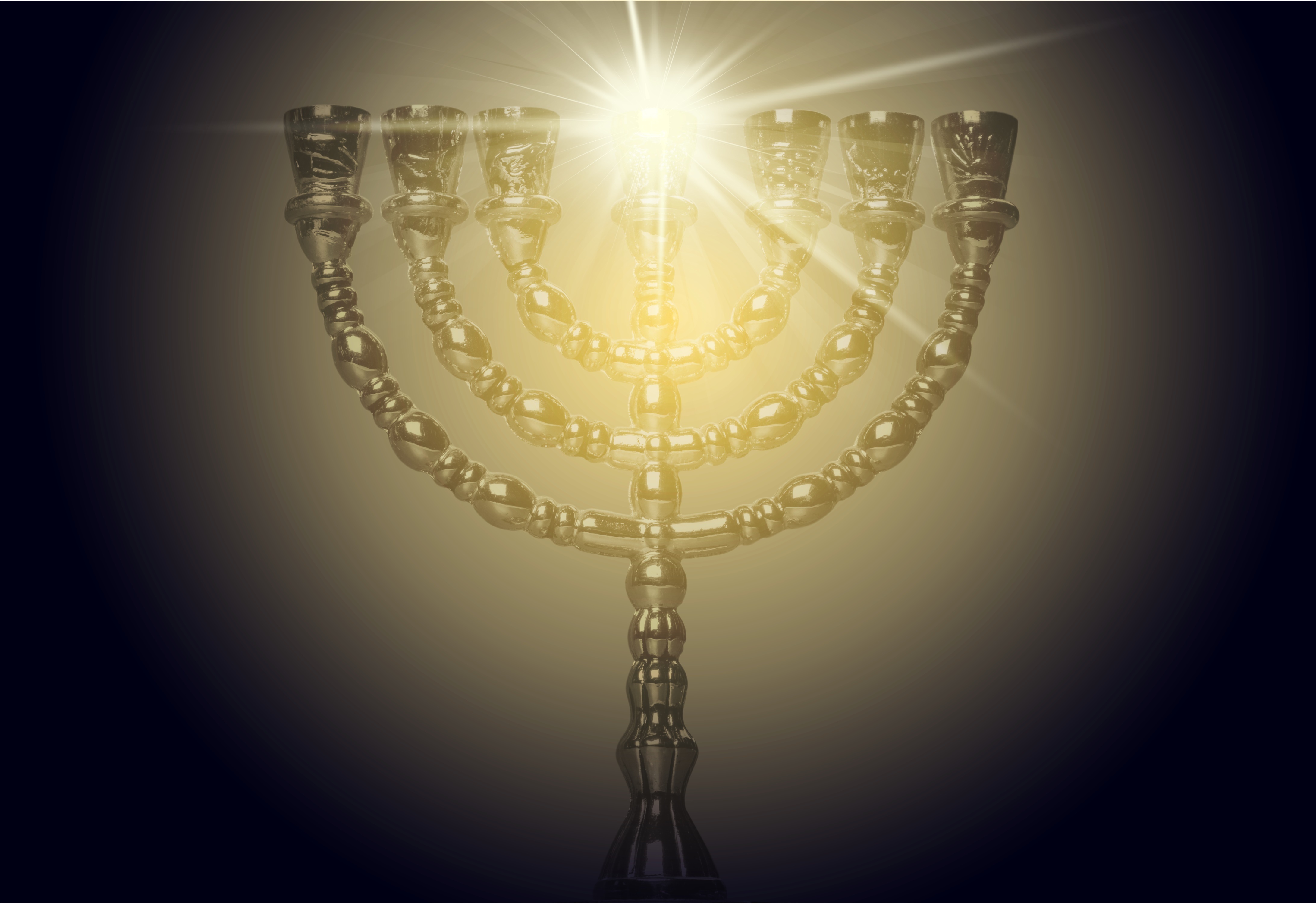Tag Archives: The Church
The Prophetic Implications of Yeshua Being a Carpenter
Hebrews 3:3, He who built the house. Yeshua is the builder of his spiritual house—the church. Interestingly, his earthly father trained him to be a carpenter. Often the physical or natural and spiritual dimensions parallel each other.
The idea of Yeshua being the Creator of all things including humanity (Heb 1:10; John 1:3, 10) and being the builder of his spiritual house provides us with an important truth. How is it that the death of Yeshua—one human—could pay for the sins of the whole earth—many humans? Simply this. Yeshua in his pre-incarnate state as the Word of Elohim created all humans. His life is more valuable than the lives of all those he created, since he is the Creator, even as life of the builder of a house has more value than all the houses he builds. This is why Yeshua could pay for the sins of the whole world, and why his life was more valuable than those of all the humans that have ever lived in the history of the world.
The Prophetic Implications of Divorce in Light of the Two Houses of Israel
The teaching that follows is a prophetic view of divorce (and remarriage) as presented in the Scriptures, nothing more or less. The reader may be thinking at this moment that the author in presenting this teaching is really “going out on a limb.” Perhaps so, but keep in mind that there are those who go out on a certain “limb” that is weak only to have it break off from under them, and then there are others who venture out on a different “limb” and what they say later proves to be accurate. The former are discredited, while the later are considered prophetic forerunners as they are helping to move the open-minded into the deeper areas of spiritual and Scriptural truth and into the deeper waters of the heart of YHVH Elohim. We will leave the reader to decide which this teaching is.
For the record, let it be stated at the outset that this teaching neither condones nor condemns divorce. This is the position of Scripture, by the way. It is not YHVH’s perfect will for divorce to occur, but sometimes reality dictates otherwise. Furthermore, in this paper we shall see that Scripture never presents divorce as a positive occurrence, but as something that is regrettable. Additionally, nothing in this paper should be viewed as advocating divorce. And finally, for the record, the author is happily married to his first and only wife and his best friend and partner in life. Divorce is not even a word in his marital vocabulary, by the grace of YHVH.
Yeshua Teaches on Divorce
While on this earth, Yeshua taught on many subjects pertaining to all areas of human existence—136 in all. He taught on everything from angels to worship, from money to taxes, sexuality to celibacy, fasting to food, joy to sorrow and yes, on the subject of divorce, as well. In Matthew 19:1-12 we read,
“And it came to pass, that when Yeshua had finished these sayings, he departed from Galilee, and came into the coasts of Judea beyond Jordan; and great multitudes followed him; and he healed them there. The Pharisees also came unto him, tempting him, and saying unto him, ‘Is it lawful for a man to put away his wife for every cause?’ And he answered and said unto them, ‘Have ye not read, that he which made them at the beginning made them male and female, and said, For this cause shall a man leave father and mother, and shall cleave to his wife: and they twain shall be one flesh? Wherefore they are no more twain, but one flesh. What therefore Elohim hath joined together, let not man put asunder.’ They say unto him, ‘Why did Moses then command to give a writing of divorcement, and to put her away?’ He saith unto them, ‘Moses because of the hardness of your hearts suffered you to put away your wives: but from the beginning it was not so. And I say unto you, Whosoever shall put away his wife, except it be for fornication, and shall marry another, committeth adultery: and whoso marrieth her which is put away doth commit adultery.’ His disciples say unto him, If the case of the man be so with his wife, it is not good to marry. But he said unto them, ‘All men cannot receive this saying, save they to whom it is given. For there are some eunuchs, which were so born from their mother’s womb: and there are some eunuchs, which were made eunuchs of men: and there be eunuchs, which have made themselves eunuchs for the kingdom of heaven’s sake. He that is able to receive it, let him receive it.’”
The prophet Malachi says that YHVH hates putting away, a Hebraism for divorce (Mal. 2:16). Yet Yeshua says above that in the Torah (the Books of the Law) divorce was permitted if one of the parties had a hardened heart resulting in irreconcilable differences. Adultery was cause for divorce if the offending party refused to repent, but Yeshua, by implication, does not seem to limit divorce for reason of adultery only.
YHVH’s Marriage to Israel: An Historical Overview
YHVH Marries the Nation of Israel
The Hebrew Scriptures are the history of YHVH choosing a spiritual virgin bride from among the nations of the world, preparing that bride for marriage and then entering into a spiritual, marital and covenantal relationship with that bride. That bride was the nation of Israel whom YHVH married at Mount Sinai. The Torah-law was the marriage agreement (See my teaching where the Jewish wedding is outlined historically and prophetically in a biblical context available on our web site and entitled, The Bible: A Love Story—The Story of Two Lovers—How YHVH’s Set-apart Feast Days Are the Outline of that Love Story: A Plan of Redemption). Ezekiel describes the marriage between YHVH and Israel succinctly as follows:
“And when I passed by thee, and saw thee polluted in thine own blood, I said unto thee when thou wast in thy blood, Live; yea, I said unto thee when thou wast in thy blood, Live. I have caused thee to multiply as the bud of the field, and thou hast increased and waxen great, and thou art come to excellent ornaments: thy breasts are fashioned, and thine hair is grown, whereas thou wast naked and bare. Now when I passed by thee, and looked upon thee, behold, thy time was the time of love; and I spread my skirt [kanaph which is the corner of a talit] over thee, and covered thy nakedness: yea, I swore unto thee, and entered into a covenant [i.e., a marriage covenant or ketubah] with thee, saith the YHVH Elohim, and thou becamest mine” (Ezek. 16:6-8; read verses 1-43 for context).
One Nation (Wife) Becomes Two Nations or Houses
Now at the foot of Mount Sinai YHVH married one (spiritual) woman comprised of several million Israelites who were descendants of Abraham, Isaac and Jacob comprising of 12 tribes. Those 12 tribes remained as a single national entity for 500 years until the death of King David’s son, Solomon. When Solomon’s son Rehoboam became king over the nation of Israel the northern ten tribes of Israel revolted against Rehoboam and under the leadership of Jeroboam seceded from Israel and formed a separate nation whose capital was Samaria. In countless places Scripture refers to this nation as the House of Israel, or Ephraim, named after the largest and most prominent tribe of the Northern Kingdom.
Those Israelite tribes which remained loyal to Rehoboam were named the house of Judah after the most prominent tribe of the Southern Kingdom.
Whereas YHVH had married the nation of Israel at Mount Sinai, 500 years later that nation split into two. It was still the nation of Israel, but it was like a woman with a split personality who acts like two people. Indeed… (to continue reading this article, go to http://www.hoshanarabbah.org/pdfs/divorce.pdf)
Dealing With Matters of Controversy In the Local Congregation
Deuteronomy 17:6 (and 19:15), By the testimony of two or three witnesses. One could not be accused of a crime without the testimony of two or three eyewitnesses. This admonition is repeated in the Testimony of Yeshua:
But if he will not hear you, then take with you one or two more, that in the mouth of two or three witnesses every word may be established. (Matt 18:16)
This is the third time I am coming to you. In the mouth of two or three witnesses shall every word be established. (2 Cor 13:1)
Against an elder receive not an accusation, but before two or three witnesses. (1 Tim 5:19)
He that despised Moses’ law died without mercy under two or three witnesses. (Heb 10:28)
Most gossip and slander would stop if this commandment were followed, and thus much division and strife within the congregation of believers. How many times have you repeated hearsay and gossip without checking the source? Even if you know it to be true, is it beneficial and righteous to repeat it to others? One Jewish sage goes so far as to say that Messiah has not come back because of all the gossip and slander of the people of Israel. Perhaps. At the very least, the Spirit of Elohim is greatly grieved, our intimacy with Elohim is diminished, and our marriages, families, friendships and congregations are fractured, hurt or destroyed because we speak things that should not be uttered.
How often do we accuse, slander and gossip about other people through use of the “evil tongue” (lashon hara) without going through proper channels and following proper biblical protocols to resolve interpersonal conflicts as Yeshua instructed in Matthew 18? How often do we attack others and spread our evil reports and accusations about others when we were not even eyewitnesses to what occurred or were not involved in the matter? How often do we attack YHVH’s leaders and accuse them of evil when there are no other witnesses (1 Tim 5:19)? YHVH hates those who sow discord among brethren and lying false witnesses, and calls this practice an abomination (Prov 6:16–17, 19). So let’s all be careful with our mouths!
Deuteronomy 17:8–13, Matters of controversy. How respectful and obedient are you to the spiritual leaders YHVH has placed over you? Or do you follow their wise counsel only if and when it suits you? Nowadays if we don’t like a leader we simply leave our congregation and find a new one. In ancient Israel, this was not an option, nor was it an option in the first century. There was one congregation in each town, and if there was a disagreement, people had to learn to work out their differences. What if we were in that situation today? How would that change your method of operation if you couldn’t just “cut and run” whenever things didn’t go your way or you got offended?
Man is the liar, NOT Elohim!
Numbers 23:19, El is not a man that he should lie. Read the rest of this verse, which speaks about the immutable character of Elohim. (Also see Mal 3:6; Heb 13:8.)
From the beginning in the Garden of Eden (thanks to the lies of Satan the serpent, see Gen 3:1–4), man has been under the spiritual delusion that Elohim changes his word, laws or commandments and that he doesn’t really mean what he says. That is to say, when YHVH gives a command, later on he may change his mind and his commands are no longer applicable to subsequent generations or people-groups.
Down through the ages, church leaders have bought in to this lie of the enemy with regard to validity of the Torah as pertaining to the life of the redeemed believer. But by saying that the Torah is “done away with,” “has been nailed to the cross” “has been fulfilled in Jesus” meaning “he did it for us so that we don’t have to do it,” isn’t this really calling Elohim a liar?
Now consider the numerous places throughout the Bible, the Word of Elohim, where the Torah is revealed as YHVH’s unalterable standard of righteousness for all time and for all people everywhere. (In this regard, read the following scriptures: Ps 119:44, 142, 144, 160, 172; Matt 4:4; 5:18–19; Rom 3:31; 7:12.)
Who is really the liar? Man or Elohim?
The Menorah—What should it mean to you?
Numbers 8:2, The menorah. The phrase toward the face of the menorah is an interesting one. The Jewish sages teach that the three wicks on the right and the three on the left were all directed toward the menorah’s central stem, thus concentrating light toward the center. The menorah symbolized that YHVH is the Source of all light (The ArtScroll Stone Edition Chumash, p. 775). What are the connotations of this for a believer in Yeshua? How did Yeshua describe himself? (See John 8:12; 9:5.) Moreover, what did he mean when he said that “I am the vine and you are the branches?” (John 15:5) What does this mean and how is this pointing to a type of human menorah? Now relate this to the seven Messianic assemblies of Revelation 2 and 3 being likened to menorahs (Rev 1:13, 20). Is Yeshua the center of all that we do? Do we place all of our focus on him? Can we say, as the Apostle Paul did, that “in him we live and move and have our being” (Acts 17:28)? Does the power of his resurrected life and anointing flow through you even as oil was in the menorah and sap flows through a tree to its branches?
Redeemed Israelites Are That Menorah
The Scriptures plainly states that Yeshua and his body of followers are likened to a tree of which the seven-branched menorah that adorned the mishkan (tabernacle) in the wilderness as well as the sanctuary of Solomon’s Temple is a picture. Furthermore, remember what Yeshua said in John 15:5? “I am the vine and you are the branches …” This is a perfect picture of the menorah, which has a central trunk with six (the number representing man) branches growing out of the trunk. Remember what Yeshua said in Matthew 5:14–15, that his followers were to be lights upon a lampstand on a hill for all the world to see—a clear allusion in the mind of anyone in Yeshua’s audience to the temple’s menorah (which was upon the Temple Mount like a light on a hill).
Additionally, when a redeemed believer in and follower of Yeshua is in a sacred state of worshipping his Master and Savior, he will often lift his arms heavenward. Not only is this the universal sign of surrender (in this case to one’s Heavenly Master), but when we lift our hands our bodies are actually forming a human menorah. By doing this, in worship we are acting out what we are—a lampstand to the world radiating forth the good news of the truth and love of Yeshua.
In fact, The Scriptures shows us that the menorah, and not the cross, is the symbol of Yeshua’s spiritual body of believers. We see this in Revelation 1:12, 20 and 2:1 where the seven congregations are symbolized as a seven-branched menorah! The menorah here is the symbol of the congregation of redeemed believers.
Though the cross is representative of the redemptive work Yeshua accomplished on our behalf, it is not the symbol of the body of believers, commonly called the “church,” but the menorah is! Furthermore, in Jewish thought, the menorah is analogous to an olive tree (the ancient temple menorah was constructed of hollow tubes of solid gold filled with olive oil that burned when lit), to which the Apostle Paul makes reference in Romans 11, as representing the tree of life (which ultimately represents Yeshua) into which all must be grafted if they are to be part the spiritual body of Yeshua and have his eternal life.
New Video: The Church Is Drunk on the Wine of Fornication
The mainstream Christian church leaders, pastors, prophets and laity are drunk on the wine of fornication with the world through unbiblical, humanistic doctrines and traditions of men. YHVH is calling his people out of this harlot relgious system called the whore of Babylon the Great (Rev 18:4). A spiritual revival will occur as a result as Isaiah 29 and 30 prophesies.





